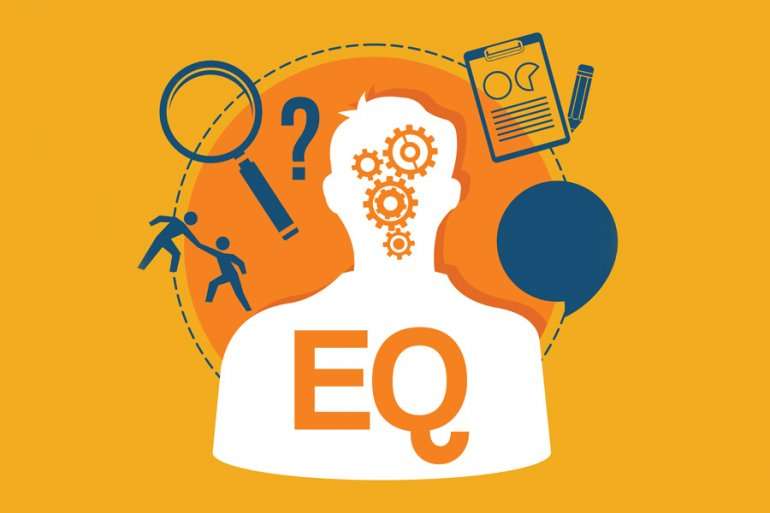Emotional intelligence (EI) was first discussed in 1985. The term EQ – emotional quotient – was introduced by clinical physiologist Reuven Bar-On, by analogy with IQ.
In Russia, Daniel Goleman is recognized as a famous “emotional” researcher. According to his theory, emotional intelligence can be developed throughout life. Because it helps to achieve success in professional and personal life.
Despite the fact that there are many theories and models of EI in psychology, there is no single concept. For example, Reuven Bar-On points out that emotional intelligence is “a set of non-cognitive abilities, competencies and skills that affect a person’s ability to cope with the challenges and pressures of the external environment.” And the aforementioned Daniel Goleman says that the concept of EI is related to the ability to be aware of one’s own emotions and the emotions of others for motivation, emotion management and effective communication.
If you combine the positions of the researchers, it turns out that emotional intelligence has to do with managing one’s emotions, being aware of them. The master of emotions does not suppress them, but rather “allows” them to manifest as needed. The key point is that emotional intelligence begins with awareness of one’s emotions. This skill allows you to maintain self-control as well as better understand both yourself and others.
About Adaptation

Is it true that EI is related to adaptation in society? It is not yet clear. For example, R.D. Roberts, J. Matthews, M. Seidner and D.V. Lusin say in their article that “not always a high expression of some components of AI leads to favorable consequences for the subject. For example, a person who better understands the emotions of others will be sensitive to both positive and negative emotional states. This is not always a good thing, because, for example, under stressful conditions, it can increase levels of depression or pessimism. (Ciarrochi, Dea, Anderson, 2002). Consequently, low emotional sensitivity has the advantage in such a situation.
There is also the reverse situation. Since high EI is the possession of specific knowledge and skills, they predetermine successful communication in different situations. For example, the ability to comfort a loved one when he or she is upset. According to R.D. Roberts, J. Matthews, M. Seidner, and D.V. Lucin, such skills are similar to cognitive skills. Acquisition and realization of emotional skills are facilitated if there is confidence in one’s emotional competence. Such skills can be overt or covert. The latter can be correlated with crystallized intelligence, overt skills with theoretical understandings of emotion (Ackerman, 1996).
Of course, knowledge and skills in the emotional domain play a positive role in adaptation. It is important that they correspond to a specific situation.




